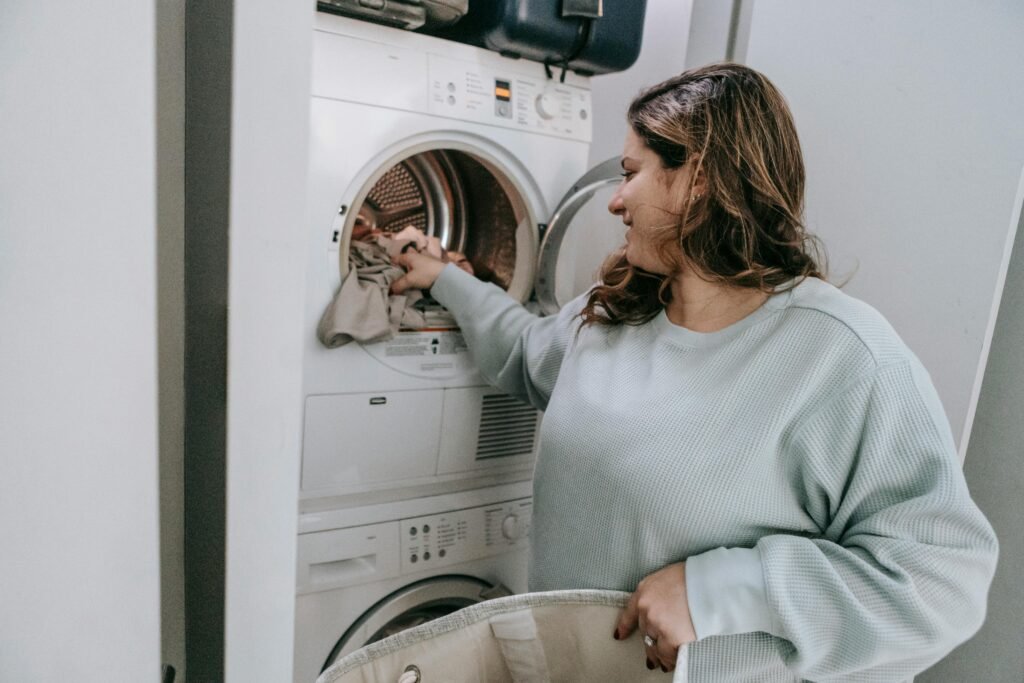On the rise of the no-wash movement, it’s a good idea to become aware of the clothing items you don’t necessarily need to wash often. Mind that the goal isn’t to wear dirty clothes. It’s just that by washing some of your garments less often, you save time and do something good for the planet.

Why is doing less laundry an eco-friendly practice? For starters, water. According to the EPA, washing clothes accounts for 17 percent of residential water use in America. In addition to using less water — if you tone down your washing frequency — you aren’t heavy on polluting it with your not-so-nice laundry products. You also buy less laundry products, which is a separate, beneficial outcome oriented towards caring about the environment. Furthermore, doing less laundry benefits the planet and your wallet thanks to reduced electricity usage.

What does taking down your laundry frequency mean for your wardrobe? Washing your clothes less frequently is cheaper, you have more free time, and your garments last longer. There is less damage to the fibers, which break down the textile. So, if you want to avoid your outfits looking worn out quickly, prolong their lifespan by washing them less often. As a rule, socks and undies should be washed after every wear. Kids’ clothing is another category that requires frequent washing. Workout apparel and activewear need to be refreshed after every use as well. However, people who sweat less can wash them less often or try using freshening methods different from traditional laundry. You can, for example, throw your activewear into a laundry with a tablespoon of vinegar rather than setting a full wash cycle. It will take the exact amount of time but engage fewer resources, leading to reduced ecological impact. You can also make a natural DIY deodorant that handles sweating.

Old as civilization itself, but still a helpful method to check if your clothing needs a wash is smelling it. We don’t want musty, damp, and sweaty; the rest can stay. Consider also spot-cleaning if there are only single stains that need your attention. Basic duds you wear daily should only land in the laundry after you put them on two to three or preferably more times. The basic apparel includes t-shirts, tops, pants, trousers, dresses, and jumpers. Denims are the most tolerant. Some say you should wash jeans weekly, while a more tolerant crowd claims it should be done monthly or even not at all.

To reduce your washing loads, ensure you do the sniff test every time and begin your judgment process with the presumption of innocence: “Innocent until proven guilty.” Clothing that requires the least laundry time are coats, jackets, and outerwear. If you wear it frequently, once in two months is enough. Yet, as long as they give no perceptible signs of usage, you don’t have to bother. Also, limit or correct the use you make of the wash basket. Adding clothes that have been worn little with those already repulsive to smell diminishes the chances of the former getting out of the trouble alive.
